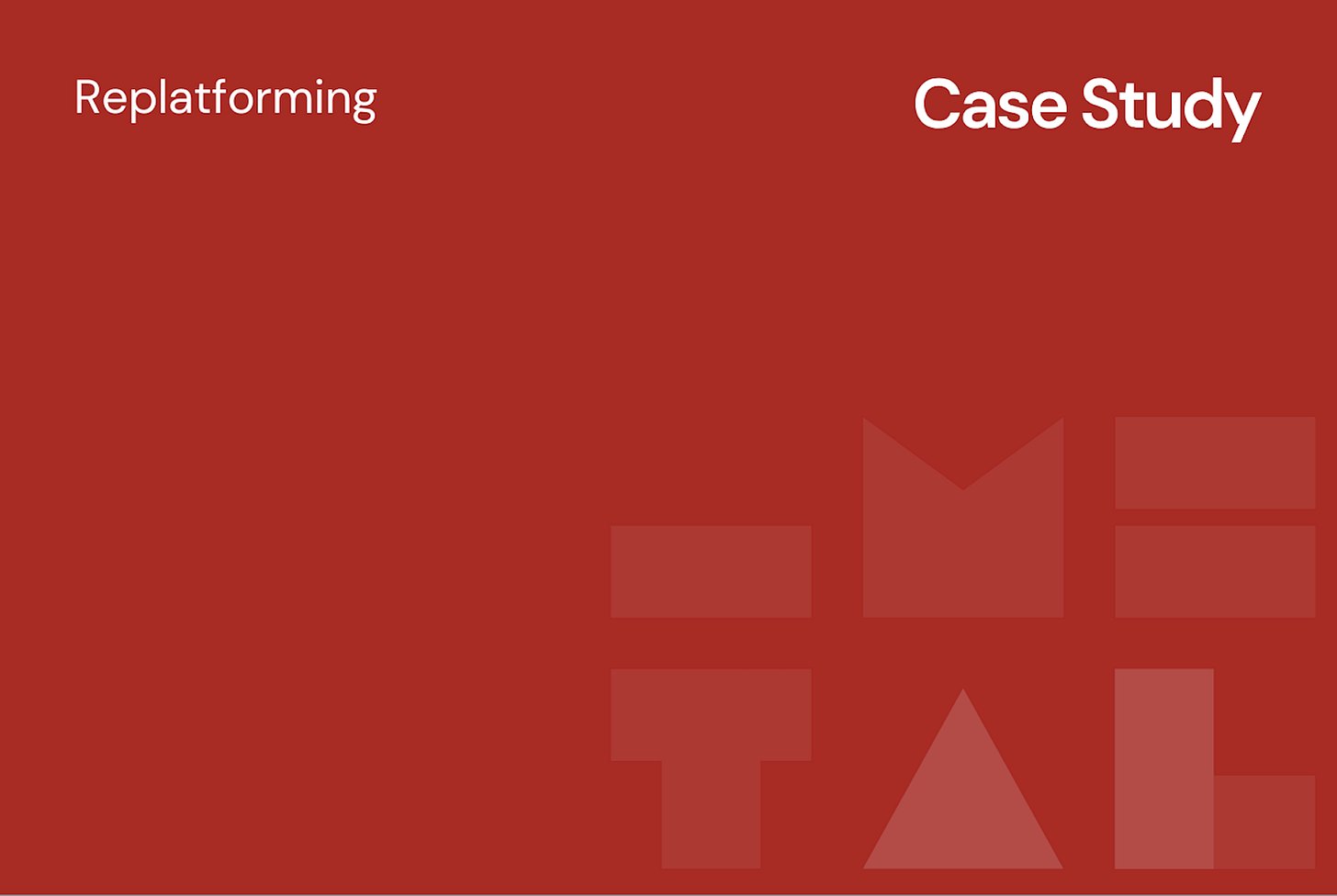When a private equity-backed B2B services company faced an urgent technology upgrade with time running out on their exit timeline, they turned to our AI Sprint™ to validate whether AI could actually speed up their transformation. The result: proof that AI-assisted development could change how they approach modernization.
The Opportunity
After years of growth through acquisitions, this enterprise, serving multi-site operations across North America, had inherited a patchwork of outdated systems. Their decade-old platforms were becoming harder to maintain and slowing operations which was critical as they approached their investment exit.
The immediate challenge centered on their content management system. Teams spent countless hours manually moving content across disconnected tools from various acquisitions. The fragmented architecture prevented resource sharing between business units and blocked new features customers expected.
The company needed insight into how AI would deliver real acceleration, and they chose a content system migration as the test case.
The Solution
Our AI Sprint™ compressed months of validation work into an intensive two-week engagement period. We validated AI’s potential across three challenges:
Data mapping validation. We demonstrated AI tools that could map content connections between old and new platforms. Our tests showed tasks requiring review of hundreds of items could be completed in hours, not weeks. The AI handled test cases with messy data, inconsistent naming, and complex relationships.
Legacy system analysis. Their systems used outdated code unfamiliar to their current developers. Using tools like GitHub Copilot and ChatGPT, we showed how engineers could quickly decode legacy systems, identify connection points, and design bridges to modern platforms.
Testing workflow design. We demonstrated how AI-powered quality checks could monitor data transfers, catch conflicts, and ensure accuracy, showing how to replace manual testing that consumed significant engineering time.
Looking Forward
The sprint validated that the company could complete their entire replatforming within their investment timeline, something that seemed impossible just a few months ago. The approaches we tested provide a roadmap for actual implementation.
The cultural shift proved equally valuable. Skeptical engineers became AI advocates after seeing validation results. Teams now understand how to approach problems differently with AI assistance. One engineer reflected, “Having AI in the back of my mind for these two weeks helped me utilize Copilot for many more things than I normally would. I really appreciate the documentation and the focus on how we learn from the work and what we can take away that serves as a launching point for future projects.”
Technical debt is a well-researched issue that 91% of CTOs worldwide cite as their biggest challenge. Managing it consumes about 30% of a typical IT budget annually, and developers spend 23-50% of their time working on it.
We have seen this firsthand – and we’ve been working with development teams who don’t feel they can spend the time learning new tools to reduce tech debt more quickly. But when we’ve carved out specific time for them to focus on it, and an embedded team to help show them new approaches, it unlocks a whole gear.
Are you ready to break the cycle? Let’s talk about getting your team out of maintenance mode and back to building what matters.



